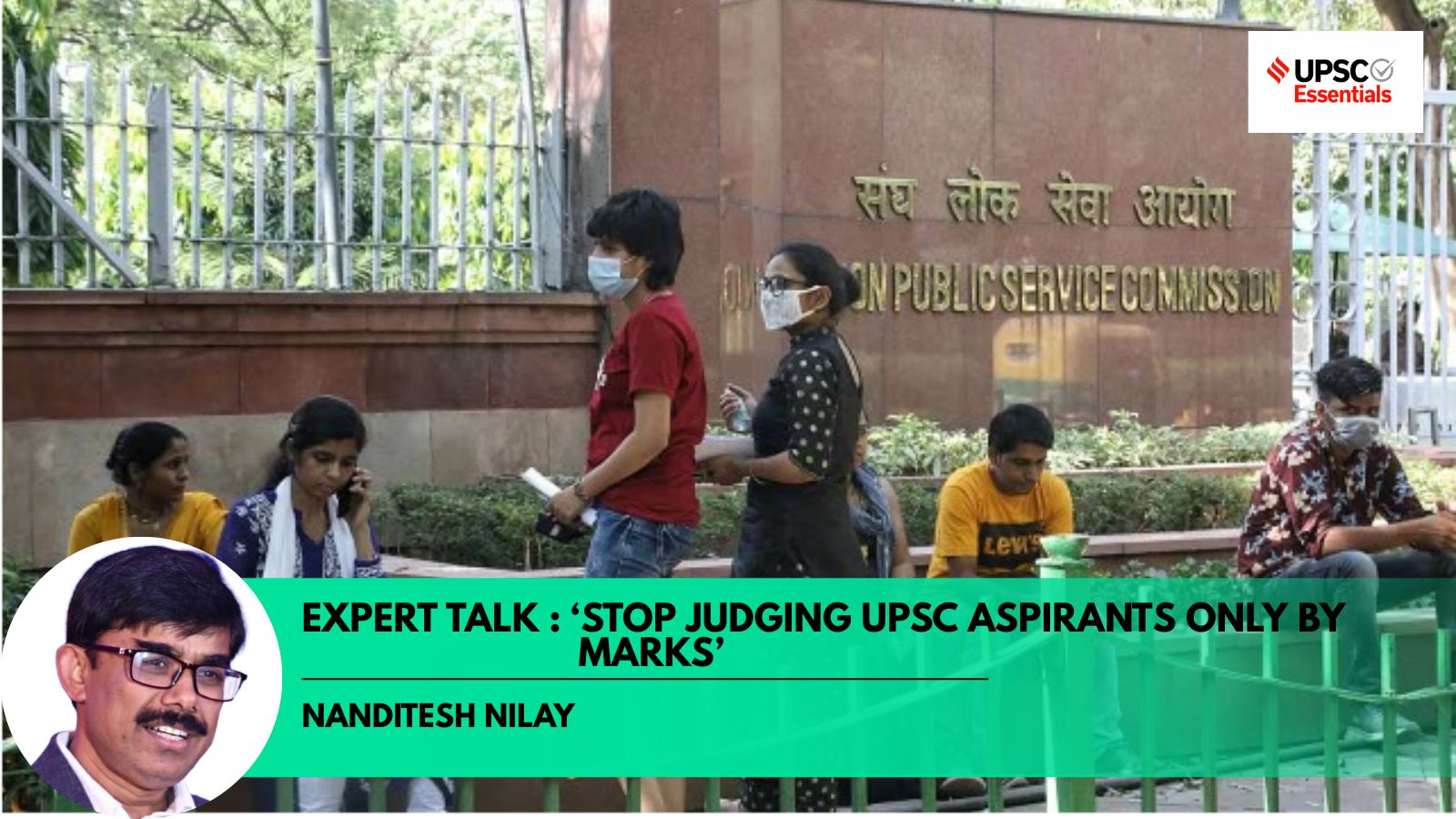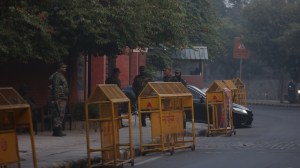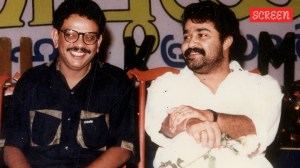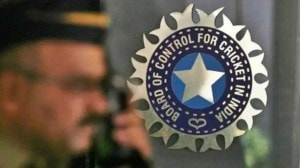
Q: Looking back at 100 years of UPSC, how has the exam evolved in terms of its purpose and expectations from civil servants?
Nanditesh Nilay: To truly understand the UPSC’s journey or the journey of a recruitment body for civil services, we must divide it into two distinct eras: the colonial period and the post-independence era. During colonial rule, the civil services primarily existed to serve imperial interests and uphold the authority of the British Crown. While Indians did qualify for the exam — notable among them was Subhas Chandra Bose, who cleared the Indian Civil Service (ICS) exam in 1920 — the system was not designed with national service in mind. Bose famously resigned in 1921 to join the freedom struggle, symbolising the moral conflict many Indians felt. After independence, the UPSC was reimagined as a constitutional body dedicated to democratic governance and nation-building through transparent, merit-based recruitment.
This shift marks not just a change in function, but a profound redefinition of purpose — from serving rulers to serving the people.
In fact, the exam has always been more than a test. It’s a gateway to building the steel frame of India, the very soul of administrative machinery.
In that context, UPSC has done a commendable job. Its purpose today aligns strongly with Sardar Patel’s vision, who once said:
Your predecessors were brought up in traditions which kept them aloof from the common run of the people. It will be your bounden duty to treat the common man as your own.
This statement, I believe, should continue to be the mirror through which we assess the Commission’s direction.
Story continues below this ad
Q: What prompted the introduction of the Ethics paper in 2013?
Nanditesh Nilay: Before we dive into what led to the Ethics paper, we must first ask, why ethics at all?
Ethics exists to help us navigate the tension between what is right and what is merely desired. It gives us the reasoning tools to consistently distinguish between the two. In essence, ethics is the soul of morality. It traces its history, its conditions, its criteria, and even its transformation.
By the time we reached 2013, Indian society was dealing with a visible erosion of public trust. Unethical practices were not just headlines — they were systemic. In that climate, bringing ethics into the exam was a bold yet necessary decision. After all, in our parliamentary democracy, the executive is the bridge between the people and the legislature. Values must percolate from the top, like drops of water shaping the system below.
Q: Has the Ethics paper succeeded in identifying candidates with a strong moral compass?
Nanditesh Nilay: It has definitely succeeded in creating a resonance around ethics. I often say: recite a mantra often enough, and it starts influencing your behaviour. Aristotle called ethics a habit — something you grow into through repetition and practice.
Story continues below this ad
In that light, the Ethics paper has been a success. But let’s not forget: UPSC cannot do it alone. Other institutions, public and private, must adopt this mindset too. Why shouldn’t ethics be part of every hiring process?
Because here’s the real question: Do ethical individuals get promoted? Are they celebrated? If our systems reward only power and performance, not integrity, then ethics becomes ornamental.
A doctor, whether treating a wealthy patient or someone from a modest background, should uphold the same standard of care and compassion for both. The same goes for executives in government, corporate leaders, and even airlines. Ethics isn’t a luxury — it’s the foundation of a welfare state. And in that state, ethics must be even — across the legislature, executive, and judiciary.
Q: How has the Ethics paper influenced aspirants’ preparation strategies over the years?
Nanditesh Nilay: I wouldn’t call it a change in strategy. It’s deeper — it’s a shift in mindset. Ethics has sparked a continuous dialogue among aspirants. It nudges them from a purely achievement-driven mindset to one of responsibility.
For perhaps the first time, an exam paper dares to ask: “What kind of person are you? What kind of person do you want to be?” These are not academic questions; they’re existential. No other subject forces such self-inquiry.
Story continues below this ad
Yes, we live in a world driven by power, profit, and preference. Ethics may not always be the easiest path — but it is the most necessary. Bureaucracy is called a steel frame. And steel, remember, must not rust.
Q: Ethics is often seen as a ‘subjective’ paper. How should aspirants approach it?
Nanditesh Nilay: Ethics isn’t just a subject; it’s a lens through which we see the world. If we study evolution, knowledge must evolve too. Ethics teaches us to ask the most pressing questions — questions of survival and relevance.
Whether it’s a flood or a war, artificial intelligence or illiteracy, genocide or governance — we need ethics to make sense of it all. It is the glue that holds morality and decision-making together across contexts.
Q: Has the introduction of Ethics made any visible difference in public administration?
Nanditesh Nilay: Absolutely. The Swachh Bharat Mission and the government’s declared zero tolerance for corruption are strong indicators. These are not just policy decisions — they represent a shift in administrative culture.
Story continues below this ad
Even awards for governance, like those given by your publication, are signs that ethics is no longer limited to classroom discussions or children’s textbooks. It’s entered boardrooms and cabinet meetings. It’s making successful people rethink what success means.
Statements like “I trust the judiciary,” “I trust the executive” — these are rooted in ethics. So is a question as simple, yet as powerful, as “Are you honest?”
And we saw this clearly during the pandemic. It wasn’t GDP or policies that saved lives—it was empathy, trust, and ethical action.
Q: What reforms would you suggest as UPSC enters its second century?
Nanditesh Nilay: Ethics needs to come earlier in the process — not just in the Mains but in the Preliminary Test and interview as well. Later, it must become a key factor in career progression.
We also need to take ethics beyond UPSC. It should be taught in schools, colleges, and professional exams like JEE and NEET. Why? Because a country becomes great not when its people are merely successful—but when they are ethical.
Story continues below this ad
Let us stop assessing aspirants only by marks and rankings. Let’s assess them through trust, integrity, and responsibility. That’s the only way to remove irrelevance from society.
At the end of the day, we all want an ethical world. When we walk on the road with our loved ones, we don’t care about someone’s brand or profile. We just hope that every citizen behaves responsibly.
That is the world we want to build. And that is the world ethics dares to imagine.
(About out Expert: Nanditesh Nilay is the author of ‘Being Good’, ‘Aaiye, Insaan Banaen’, ‘Kyon’ and ‘Ethikos: Stories Searching Happiness’. He teaches courses on and offers training in ethics, values and behaviour. He has been the expert/consultant to UPSC, SAARC countries, Civil services Academy, National Centre for Good Governance, Central Bureau of Investigation (CBI), Competition Commission of India (CCI), etc. He has PhD in two disciplines and has been a Doctoral Fellow in Gandhian Studies from ICSSR. His second PhD is from IIT Delhi on Ethical Decision Making among Indian Bureaucrats. He writes for the UPSC Ethics Simplified of The Indian Express fortnightly.)
Story continues below this ad
🚨 Anniversary Special: Read the UPSC Essentials September 2025 special edition, celebrating two years of the magazine! 🚨
Subscribe to our UPSC newsletter and stay updated with the news cues from the past week.
Stay updated with the latest UPSC articles by joining our Telegram channel – Indian Express UPSC Hub, and follow us on UPSC section of The Indian Express on Instagram and X.
For your queries and suggestions write at manas.srivastava@indianexpress.com.


































